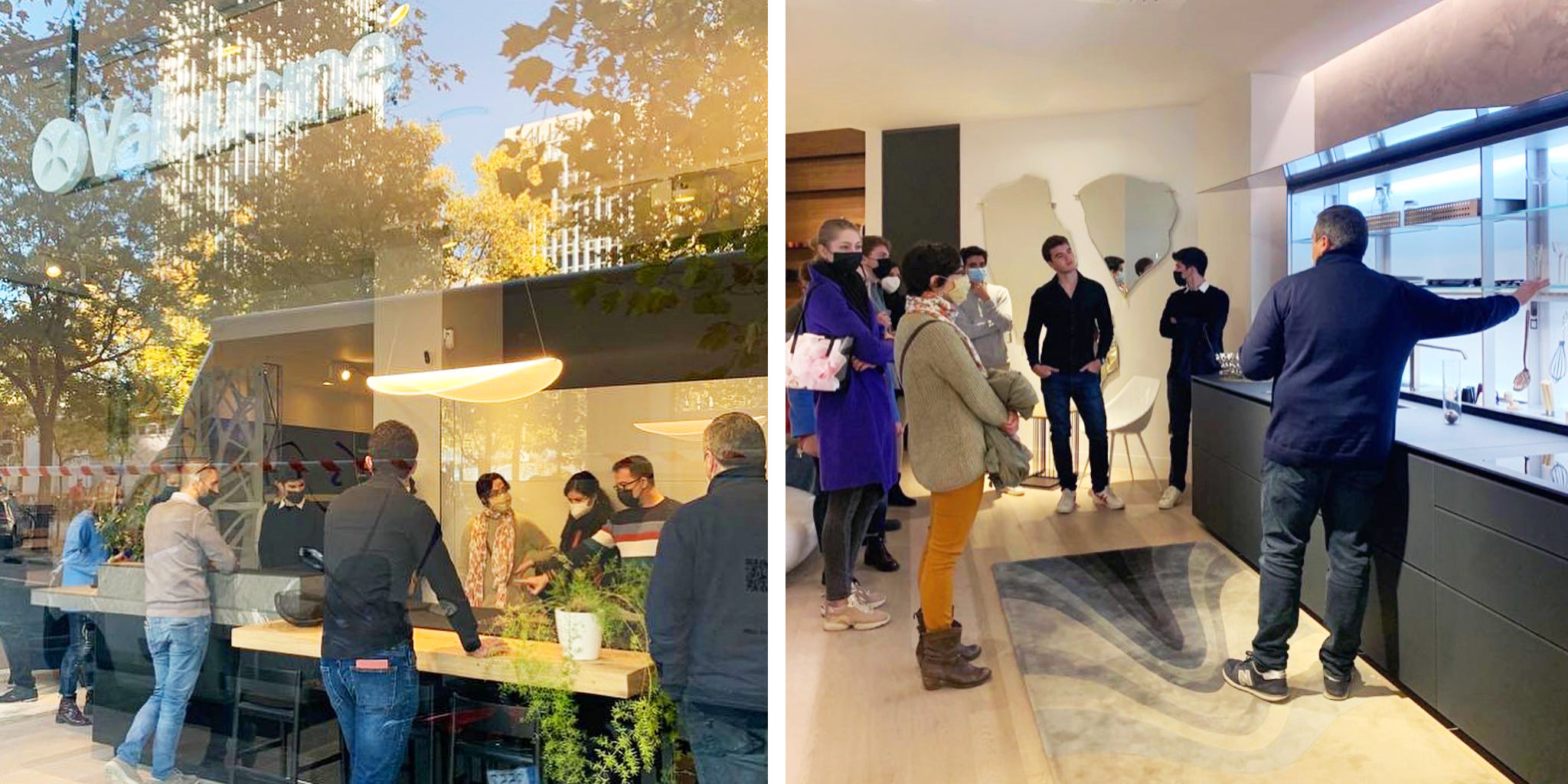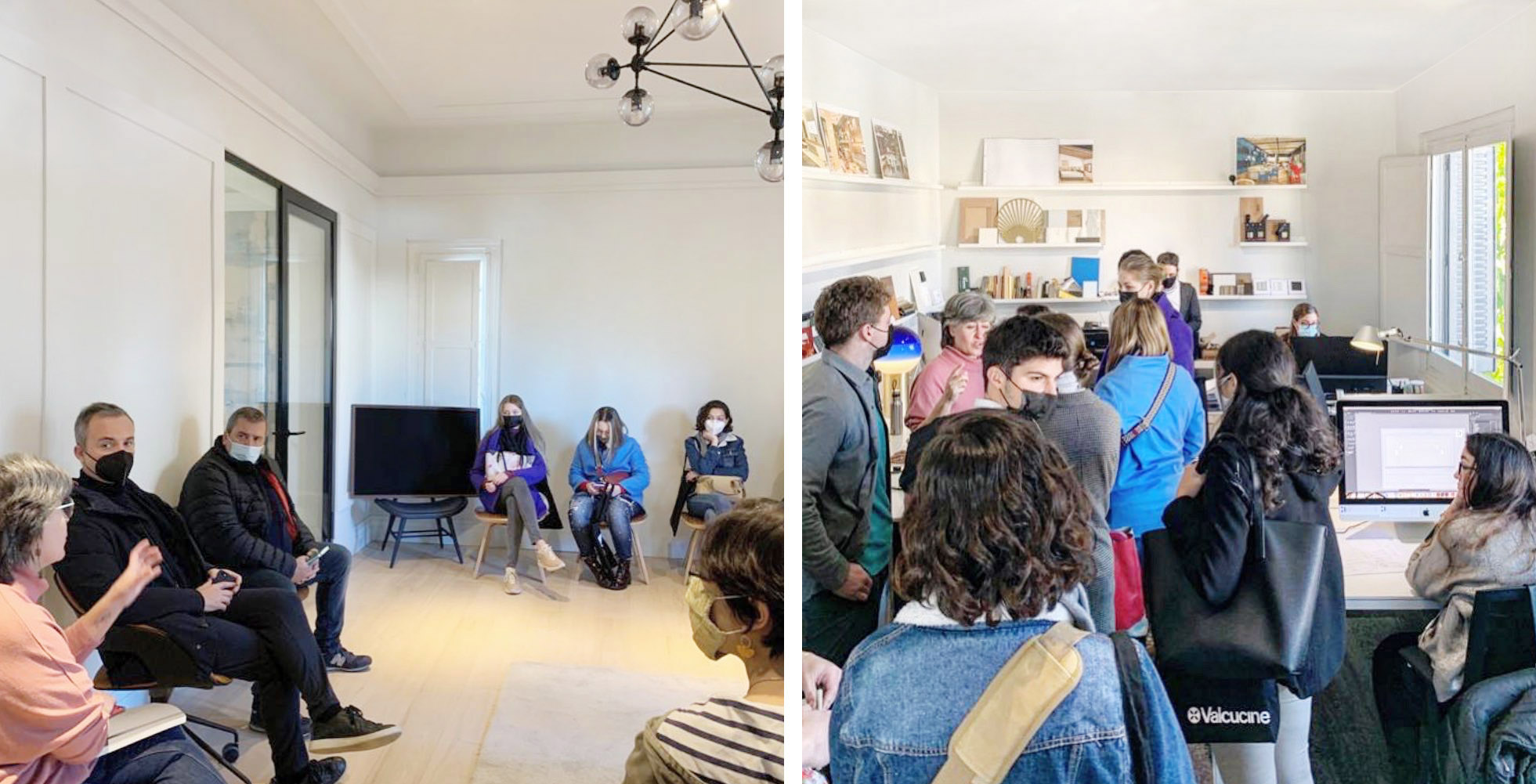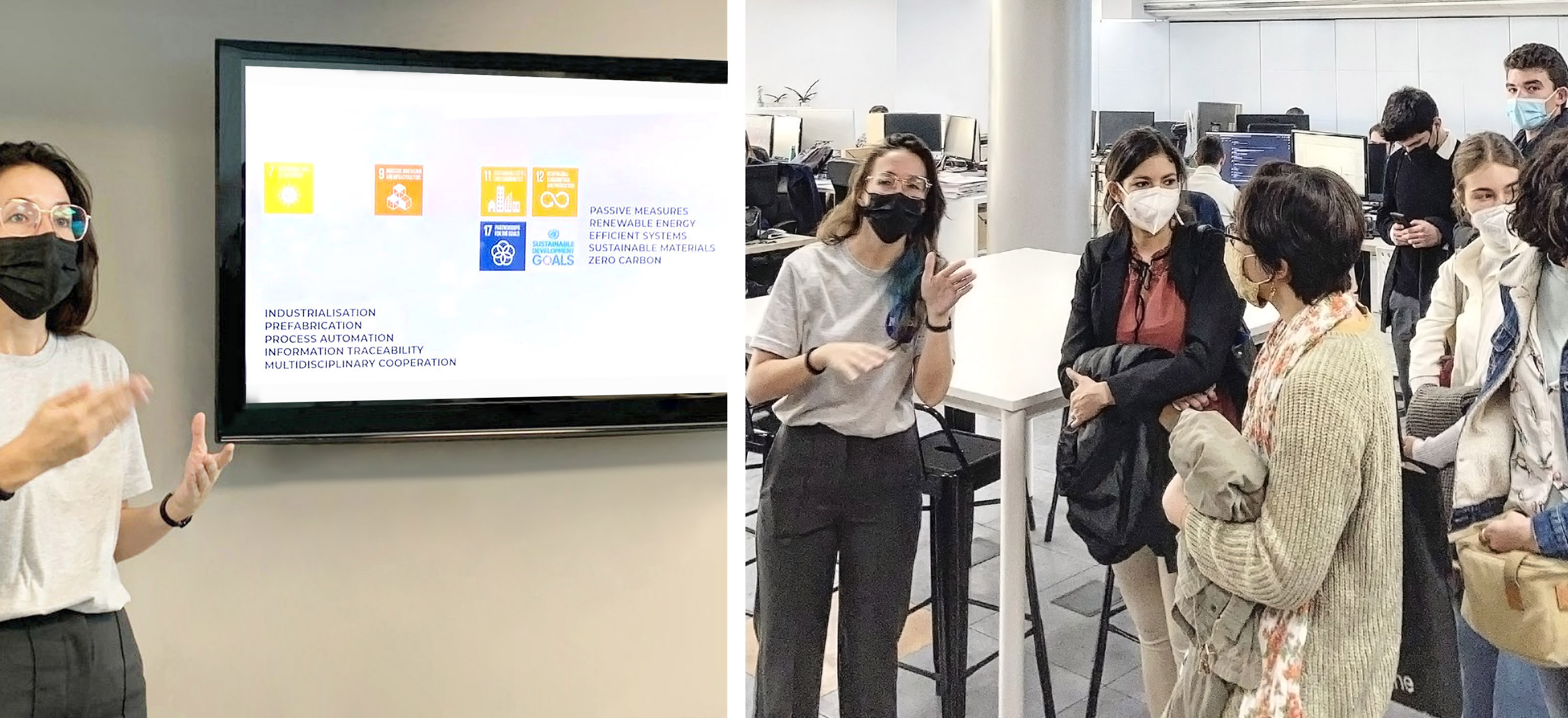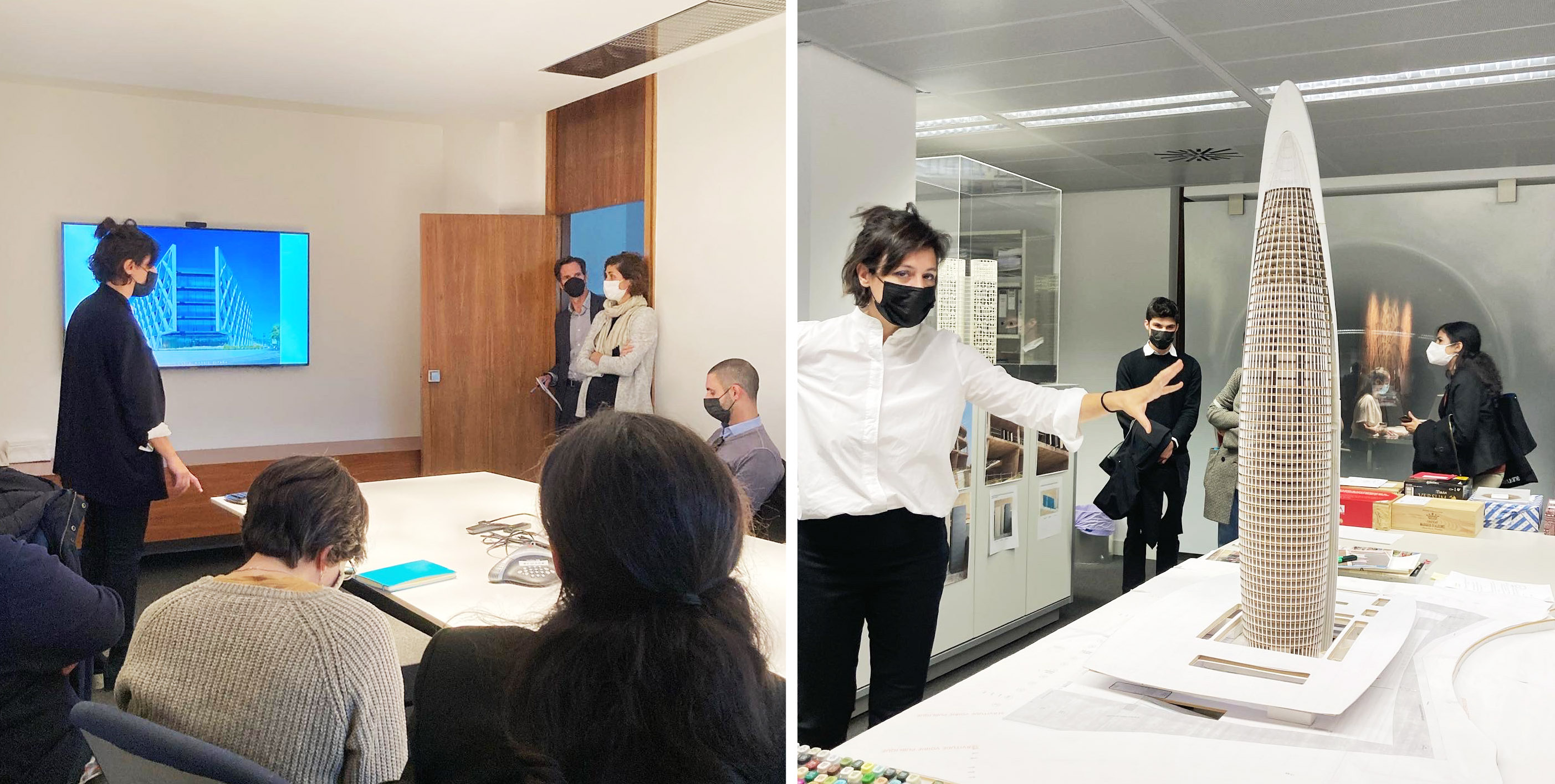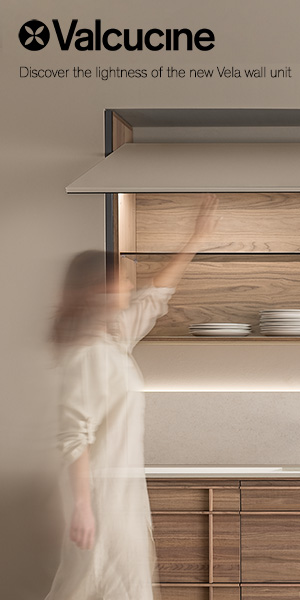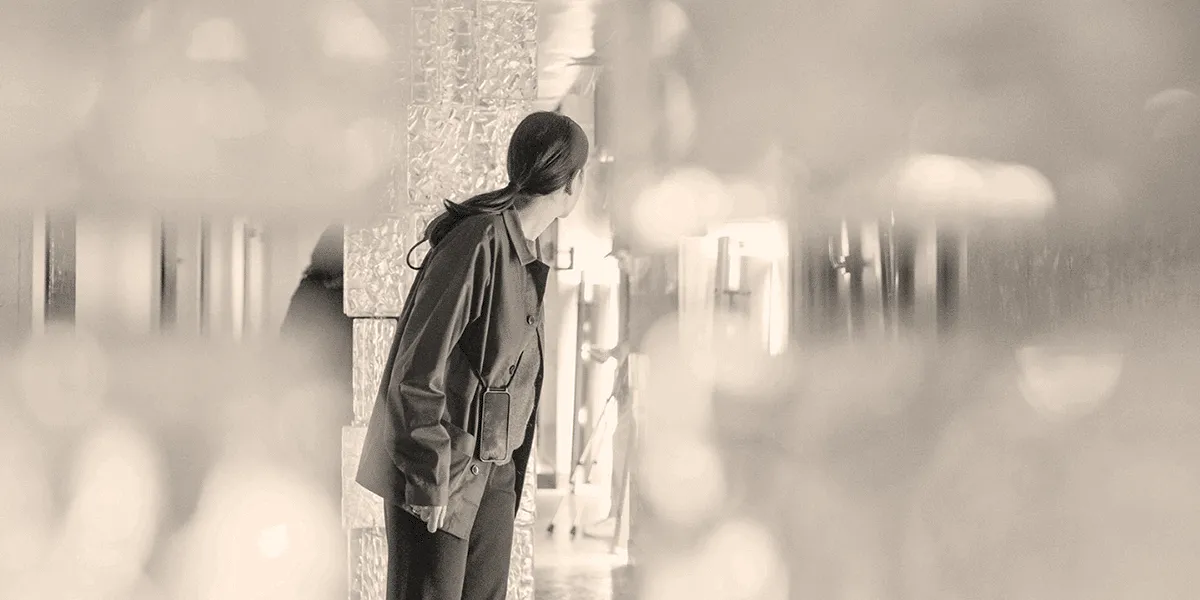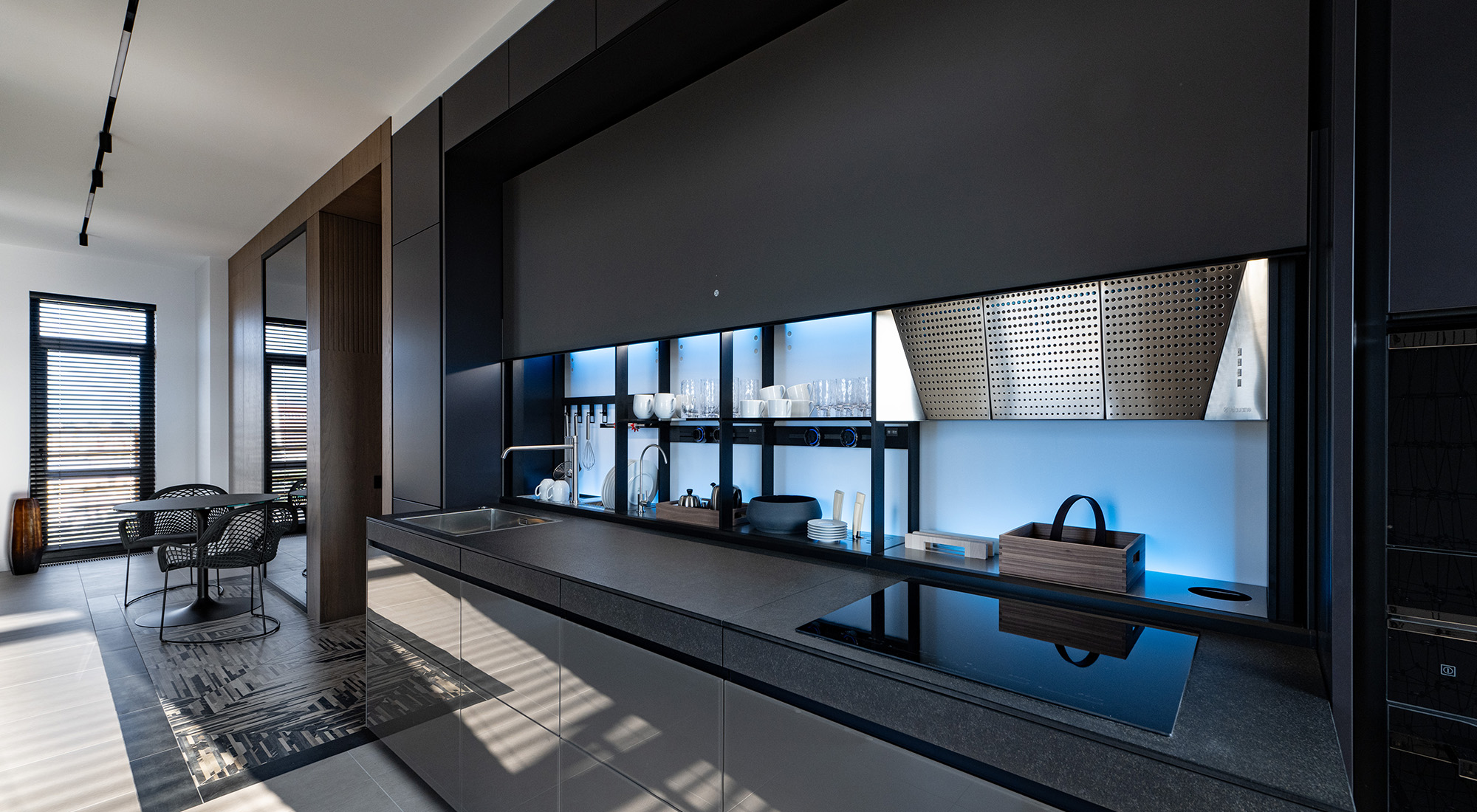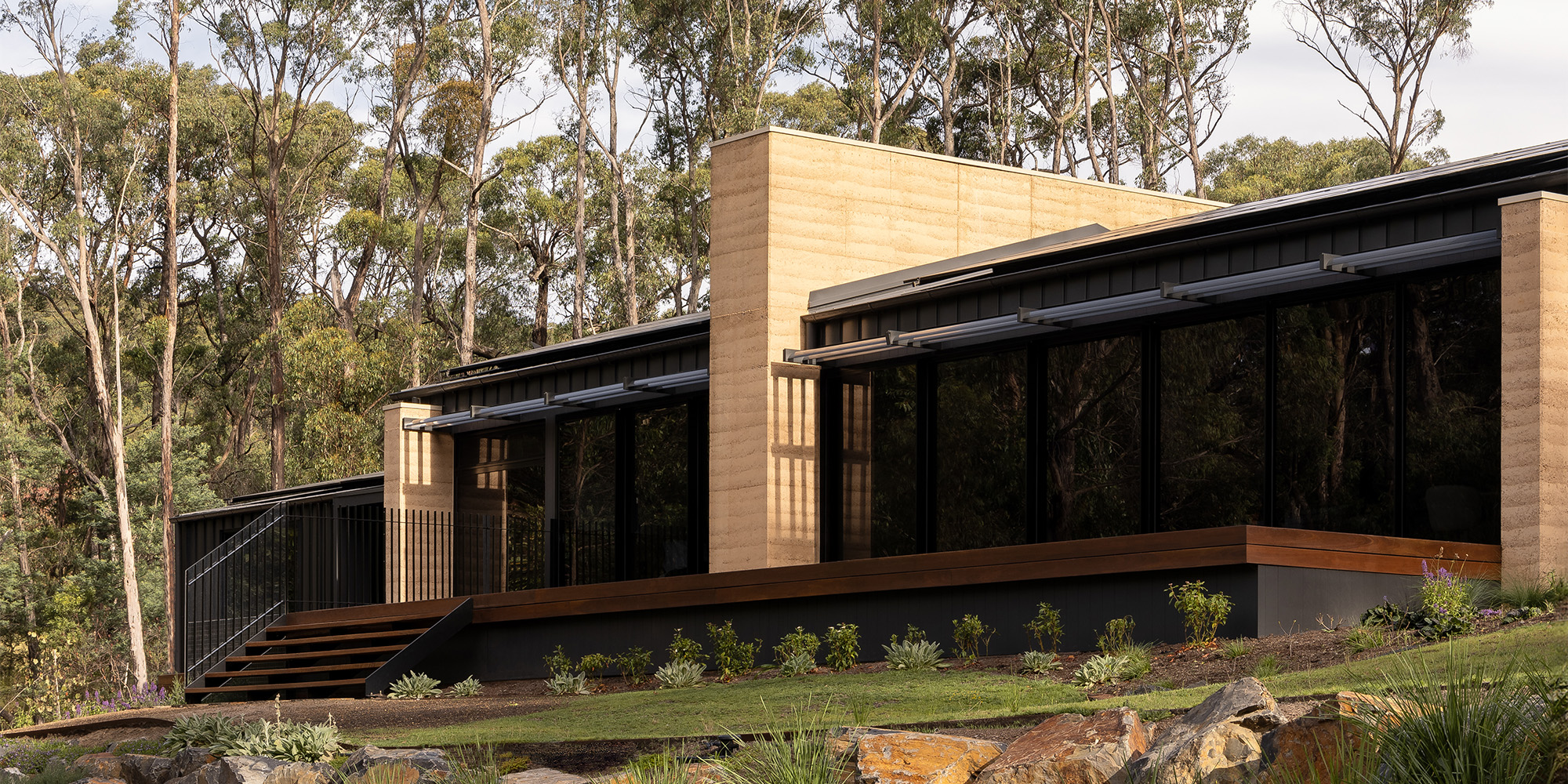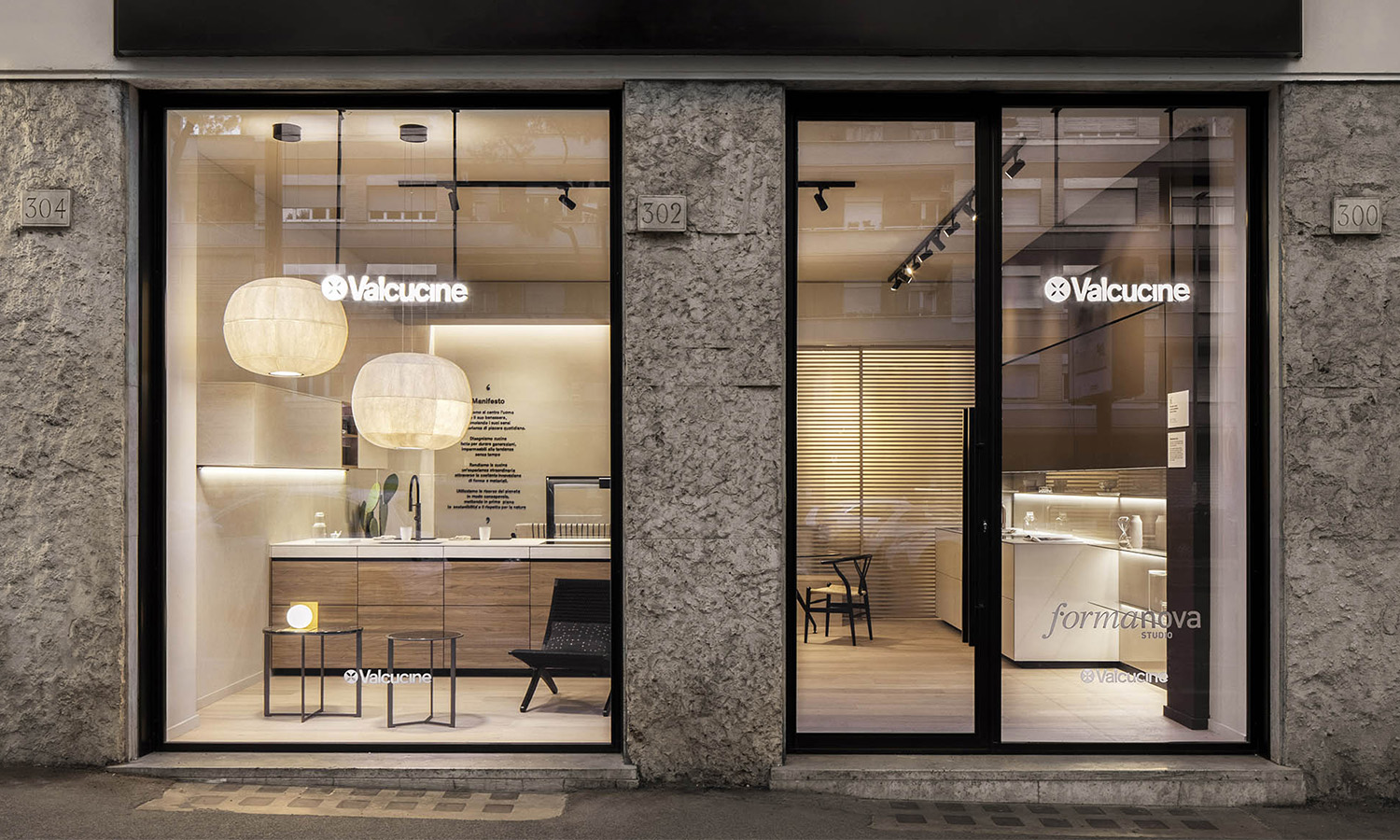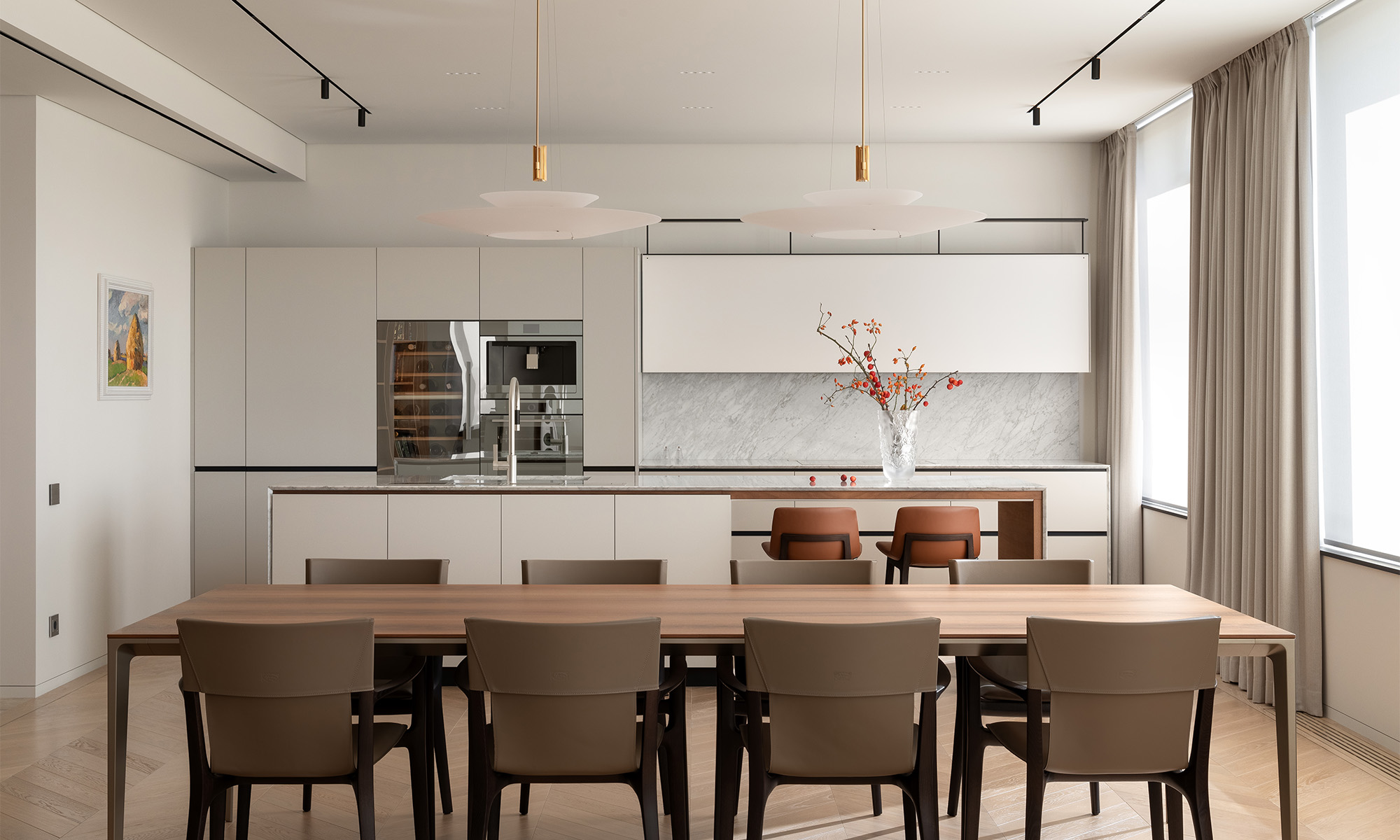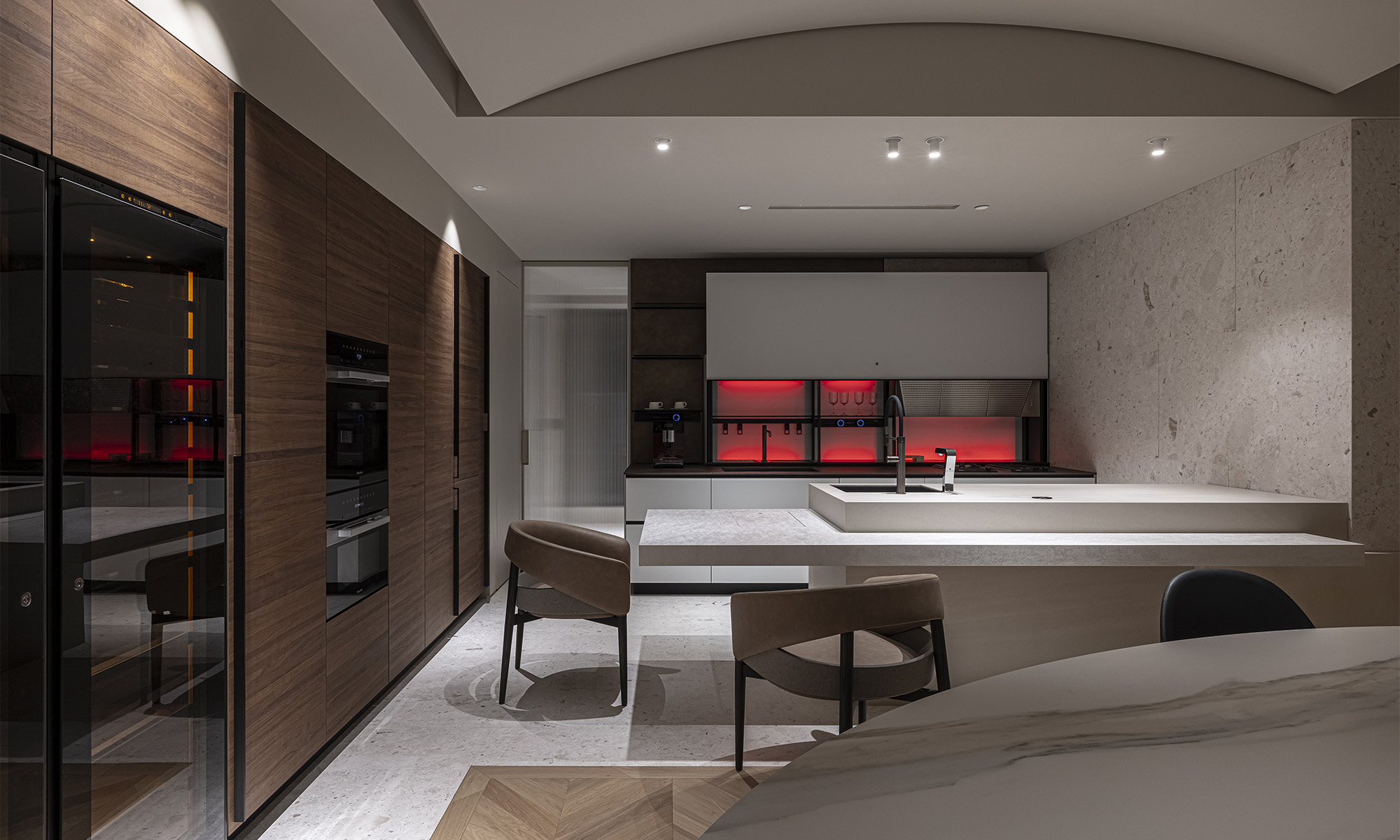Educational tour in Madrid focused on eco-design, interiors and eco-sustainable architecture
Tuesday November 15th, we have attended an educational architecture tour in Madrid, dedicated to sustainability. Eco-design, interior design and eco-sustainable architecture were the focus of the trip which saw Valcucine as main character along with Cuarto Interior, Morph Studio and RAFAEL DE LA-HOZ, among the most popular Spanish architect's studios.
Here, step by step, the story of the tour organized by Archivibe, platform of connections between architect's studios and design companies.
Meeting point was our monobrand kitchen store, located in Paseo de la Castellana, one of the main roads of the Spanish capital. Students among the most popular Spanish architecture and interior design universities, like ETSAM e AI, and some young architects joined us for a welcome coffee.
After a short introduction of the program and purposes of the tour, Alberto Forner (Valcucine manager for the Iberian area) and Francisco Alonso (commercial director of Valcucine Madrid) introduced to the students and young architects the values and company commitment towards eco-sustainability, a real dedication which shows on products designed following the rules of eco design and ergonomics.
The Valcucine Madrid monobrand, recently renovated, hosts the latest proposals to experience the kitchen.
Cuarto Interior
We then moved towards Manzanares area to visit Cuarto Interior, an interior design studio specialized on hotel, restaurants and luxury mansions. Our host was Carmen Gijon, who described the 360° approach of the studio, starting from the initial concept to the executive stage of the project.
The visit to the materials library was the occasion to discover the passion for refined materials such as wood and steel, for natural and high-quality fabrics and handcrafted finishes. Other distinctive features are the designing of unique pieces of furniture which grant to each project a charismatic hint, defining it with the warm, timeless and contemporary style of Cuarto Interior.
Carmen Gijon of Cuarto Interior meets the students of the most popular Spanish architecture and interior design universities.
Morph Estudio
After visiting the interior studio, we came back to the centre of Madrid, to the cutting-edge architect's studio Morph Estudio: a multidisciplinary team of architects and engineers promoted by the founders César Frías Enciso, Raquel Dueñas e Miguel Pradillo Cendón.
The studio is developed on different levels, inside a building in Calle de O'Donnell, commercial area known for the various design and contemporary furniture stores.
Morph Estudio received the public and media credit for designing of multi-and single families' accommodations, towers, buildings, hotels and interior design projects.
An enthusiast Érika Sánchez (marketing manager at Morph Estudio) took us along the tour and explained the environmental certifications (BREEAM Housing, BREEAM New Construction, LEED, GREEN Certifier, WELL, WELL Health and Safety e PASSIVHAUS) and the main sustainable buildings, flagship of the studio.
Érika Sánchez, marketing manager at Morph Estudio, explains the environmental certifications.
RAFAEL DE LA-HOZ
After Morph Estudio, it was RAFAEL DE LA-HOZ turn, popular architecture studio founded in 1920, whose philosophy can be summed up with three keywords: excellence, innovation and sustainability.
With great enthusiasm, Gerardo Mingo, Carolina Fernandez and Zaloa Mayor Rueda presented the design-related philosophy of the studio, focusing on the main buildings created with specific attention to sustainability criteria.
Following the idea according to which architecture has a direct impact on people's lives, architects and designers at RAFAEL DE LA-HOZ are committed to create buildings that give value to clients, by creating lively and sustainable places. Through the years, the studio has achieved numerous projects, standing out in the realization of offices, residential building, hospitals and skyscrapers.
Zaloa Mayor Rueda of RAFAEL DE LA-HOZ presents the design-related philosophy of the studio, focused on sustainability.
Regardless of the fact that the request of sustainable buildings in Spain is lower compared to the rest of Europe, the projects which aim to reduce environmental impact are becoming a more common practice amongst the architect's community.
LATEST POSTS



